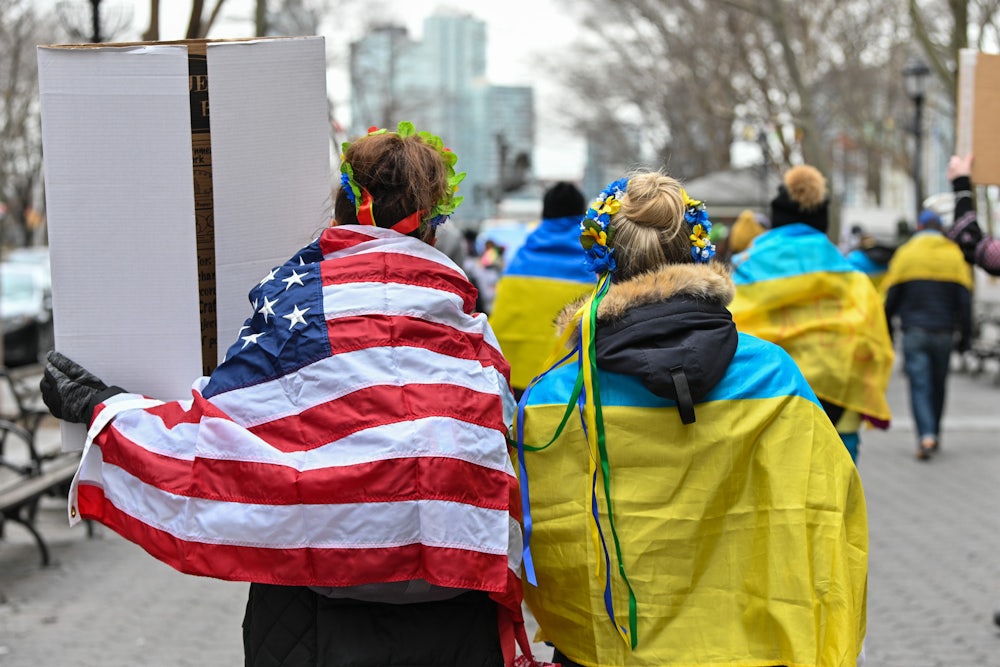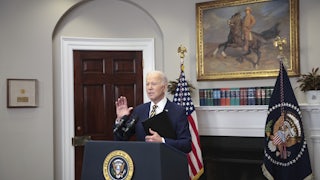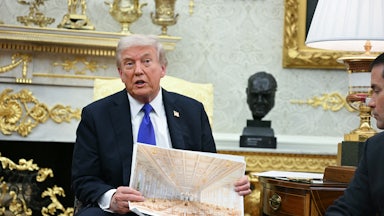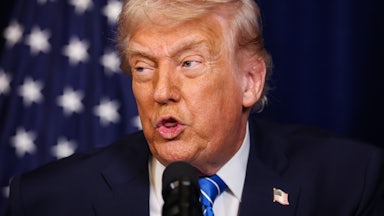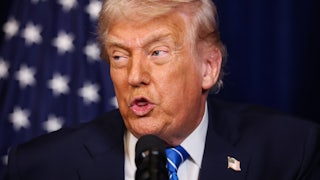Ukraine has emerged as a global fault line over democracy. In invading his democratic neighbor, authoritarian dictator Vladimir Putin threw down the gauntlet for his kind. The symbolism of an autocrat violating the territorial sanctity and right to self-determination of a smaller, weaker neighbor forced democratic countries, which had previously seemed content to focus inward, into a tightening alliance. The global order is shifting as we speak.
Make no mistake, this is decidedly a war between democracy and autocracy, between self-government and fascism. To view it otherwise is to ignore the context in which it’s occurring. Over the past decade the forces of autocracy have waged a social media disinformation war, meddling in elections to support the rise of would-be autocrats, such as Donald Trump in the United States, Jair Bolsonaro in Brazil, and Narendra Modi in India. Meanwhile, fledgling democracies have been aborted by military coups in struggling Asian and African countries.
United around the indelible will of Ukrainian President Volodymyr Zelenskiy, the world’s most powerful democracies have demonstrated their mettle. Short of direct flirtation with nuclear war, they’ve committed themselves to the effort, arming the Ukrainian military while opening their arms to the nearly two million refugees pouring across Ukraine’s western border. The goodwill and fellow feeling for Ukraine extends well beyond national leaders. Popular opinion across Europe and the United States has backed efforts to turn the screws on Putin, even in ways that would inflict some blowback at home. Nearly 80 percent of Americans, for example, support President Biden’s ban on Russian oil and gas imports, even despite record highs in gas prices already.
It’s tempting to believe that Ukraine is the only theater in which the fight for democracy is playing out. Rather, that struggle continues on the home front, as well. Indeed, this is the most important battlefield—and that fight has never been more fierce. Because American democracy can only be won at home.
Most pressingly, state after state passes laws to restrict voting access. They are doing so in thrall to a movement that claims that the 2020 election was stolen simply because its leader lost. And as that free and fair election was being certified, they violently attacked our Capitol. Now they claim that their violent insurrection was simply “legitimate political discourse.”
To date, federal legislative efforts to protect the rights of millions to vote have been impotent. They are an object lesson in a deeper, more insidious threat to our democracy: our incapacity to solve problems for our people. Rather, the rules of our politics mute the power of the majority for the will of the minority. There’s the minoritarian nature of Senate representation itself, or the filibuster rule, which holds it hostage to its own minority. Then there’s the packing of the Supreme Court with committed partisans.
Never mind the ways that the Supreme Court’s disastrous Citizens United vs. FEC decision destroyed the firewall between corporate power and political power. By interpreting money as speech, protected under the First Amendment, and corporations as people, protected by the Fourteenth, it ushered billions of dollars of corporate money into our democratic process. Since Citizens United, the proportion of electioneering spending by outside groups created specifically to legally launder corporate money into “political speech” has boomed.
The consequence has been accelerating inequality. The median earner in the U.S. has watched her wages stagnate over the past several decades as the wealth and power of the country’s richest has exploded. Over the course of the pandemic the country’s billionaires made a staggering $2.1 trillion.
Critics of my argument might hold up the Infrastructure Investment and Jobs Act—the official name for the bipartisan infrastructure deal Congress passed in the fall. After all, wasn’t it proof that Americans can still come together to solve our problems? Don’t get me wrong, it’s a fine bill. But if the best we can do is fix our crumbling roads—if our aspirations literally can’t get off the ground—it’s more an indictment than a sign of hope.
And yet the bravery of the Ukrainian people should offer us hope here at home. Americans have watched transfixed as they’ve repelled the Russian onslaught—as they’ve stood up for their democracy. It’s forced millions of Americans to confront the ugly endgame of fascistic autocracy up close, to digest its human costs. Those of us who believe in democracy and all the values that come with it—the right to self-determination, the rule of law, the respect for free speech—must press our advantage now.
The Biden administration has done an admirable job leading the democratic world against Putin’s thuggery. By narrating Putin’s path to invasion in real time, Biden was able to rob him of any element of surprise, priming the world to act soon after the invasion. But the president and his team cannot forget the war for democracy at home. In that respect, they must also work to prove democracy’s value in delivering for its people. The childhood tax credit, meaningful climate legislation that frees us from our dependency on oil and gas (let alone foreign oil and gas), home and community-based care, and of course, voting rights, would be great places to start. Ukrainians are giving everything in the fight for democracy; let us prove that our democracy can still deliver something.
